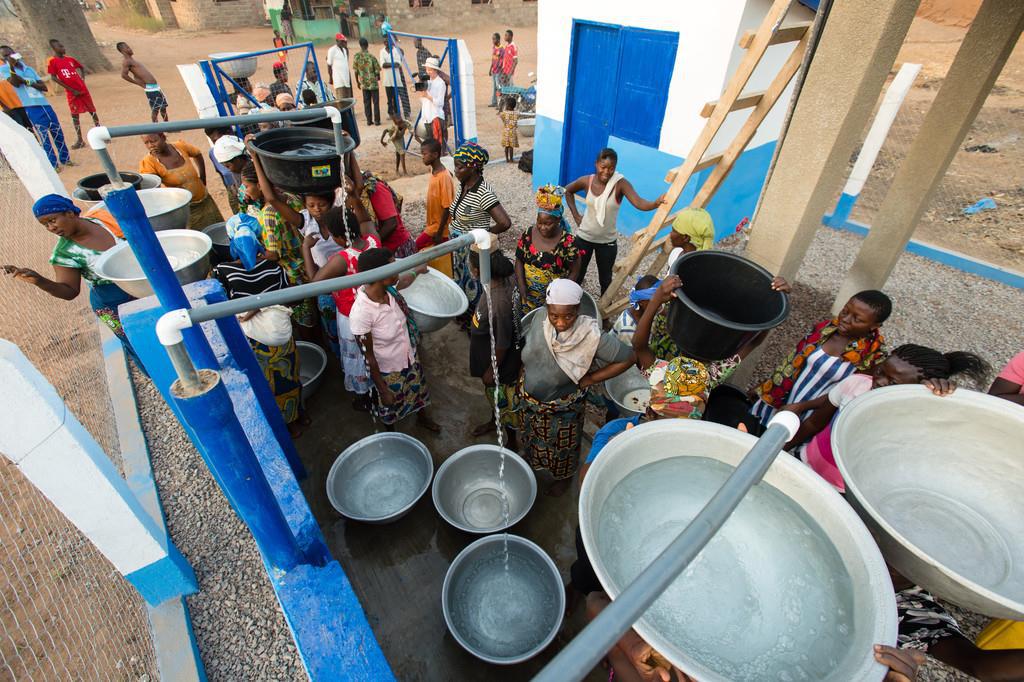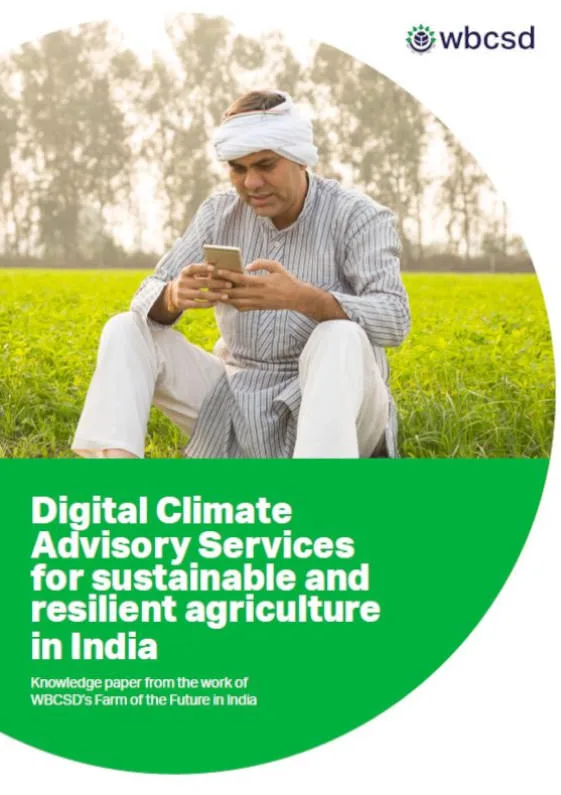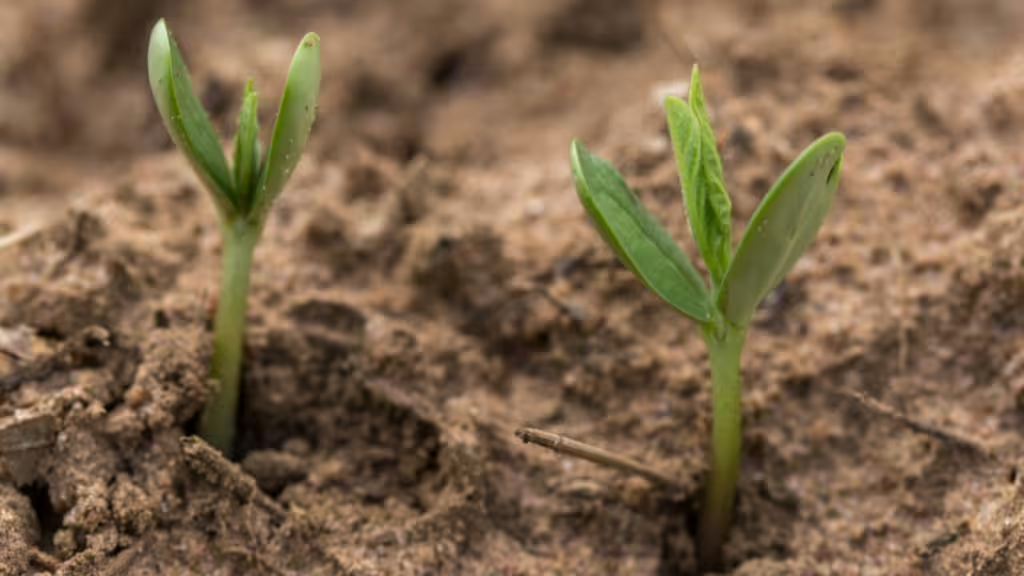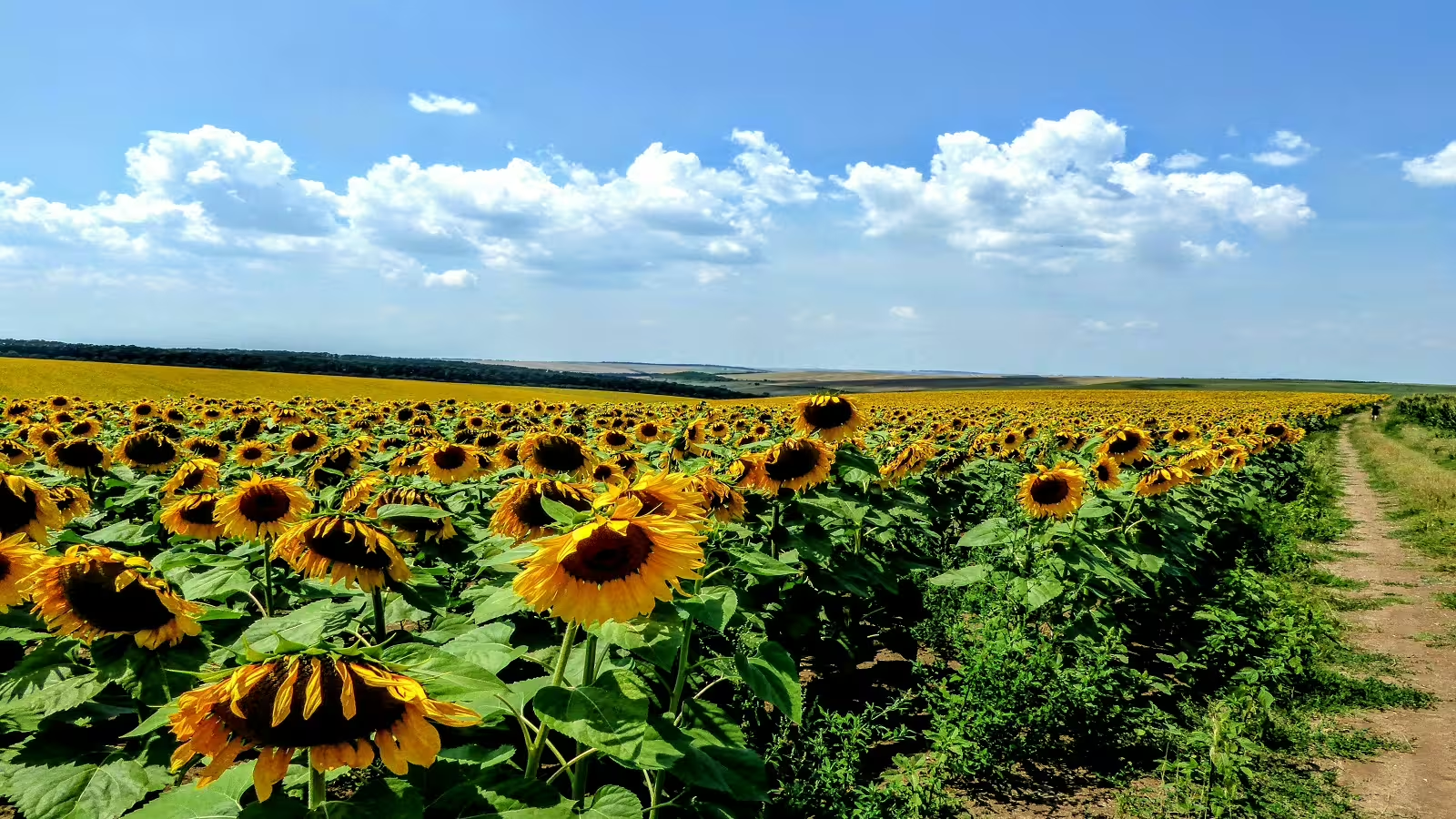This impact story is part of a series featuring companies that are members of OP2B/WBCSD. Through these stories, we aim to showcase our members’ commitment to driving the transition to regenerative agricultural practices, the impact on farmers and the role OP2B plays in supporting this transformation.
InVivo, a One Planet Business for Biodiversity (OP2B) member and the leading agricultural cooperative group in France, stands out with its unique model that unites more than half of the country’s farmers. This cooperative model enables InVivo to balance economic, social and environmental challenges while ensuring the competitiveness of its members. Jérôme Calleau, President of InVivo and a farmer in Vendée, along with Laurent Martel, CEO of Bioline, share their ambitions and the initiatives undertaken to promote sustainable agricultural practices.

Ambitions and challenges for InVivo and Bioline
InVivo has set ambitious goals to accelerate the transition towards more resilient and environmentally friendly agriculture. “This commitment fully aligns with the strategy defined ten years ago by our board of directors. It aims to drive agricultural transition towards a more virtuous and resilient agro-system in response to growing consumer expectations,” explains Calleau. This strategy, known as the “third way of agriculture,” focuses on integrating environmental concerns while maintaining the competitiveness and productivity of agricultural operations.

For Laurent Martel, the challenge is significant: “We must produce more while improving quality, all in a context where arable land is increasingly scarce.” Bioline, InVivo’s subsidiary dedicated to agricultural innovation, acts as a catalyst for this transformation, developing solutions that allow farmers to meet these challenges while preserving their income. One notable example is the development of advanced biotechnologies that improve crop resilience to climate variations, a pressing issue given the increasing frequency of extreme weather events in regions like Vendée.
Concrete initiatives and impacts
Regenerative agriculture plays a significant role in InVivo’s initiatives, contributing to efforts to restore soil health, increase biodiversity and enhance the resilience of agricultural systems. In Vendée, where climatic conditions are increasingly extreme, Calleau, a pioneer of these practices, testifies to the tangible benefits. “Regenerative agriculture provides solutions that we must implement and prove effective in the field. After 42 years of experience, I see that these practices are not only beneficial for the environment but also for the profitability of farms,” he states.
Among the key initiatives is the adoption of no-till farming, supported by cover crops, which significantly reduces soil erosion and improves fertility. “No-till farming, which I have practiced for 20 years, has turned a constraint into an opportunity, particularly by reducing fuel costs and increasing biodiversity,” Calleau adds. This shift not only mitigates the immediate environmental impact but also builds long-term sustainability, ensuring that the land remains productive for future generations.
Bioline contributes to these advancements by developing precision farming tools like the Api system which allows farmers to adjust input applications based on the specific needs of each plot. This system generates nitrogen savings of up to 30%. The digitalization of these processes is another aspect that enhances efficiency. Tools like SMAG (Smart Agriculture) offer real-time data analysis, allowing for more informed decision-making.
The results of digitization are encouraging. More than 500,000 hectares are now managed with precision farming practices in France, and carbon sequestration projects such as the Carbon & Co program generated 50,000 tons of carbon credits in 2023. “These practices demonstrate that we can reconcile economic performance with environmental benefits,” notes Martel. Moreover, InVivo’s commitment to reducing pesticide residues has led to significant advancements in biocontrol methods, further aligning agricultural practices with environmental sustainability.
The importance of collective action within OP2B
InVivo is also an active member of the OP2B coalition. Collective action is essential to address these challenges:
The great virtue of OP2B is that it allows us to converge towards common indicators and share practices that are simple, measurable and can be quickly deployed on a large scale.
– Jérôme Calleau, President, InVivo
Financing the transition is a central issue. OP2B plays a key role in facilitating access to the necessary resources so that farmers can adopt these new practices without risking their profitability. This support is essential to ensure that the solutions proposed are both innovative and accessible to farmers. The coalition’s efforts are also geared towards creating scalable solutions that can be adapted globally, ensuring that agricultural practices evolve in tandem with the needs of the environment.
Regenerative agriculture is a critical solution to transform the way we produce food, feed and fiber, benefiting the climate, nature and people. Over the next few years, the OP2B coalition will focus on unlocking three strategic levers to scale up regenerative agriculture: harmonizing measurement, fostering collaborations to support farmers’ transition, and advocating for policies that create an enabling environment.
Outline
Related
Content

Scaling Corporate Action on Access to Water, Sanitation and Hygiene in Supply Chains
20 October, 2016

Digital Climate Advisory Services for Sustainable and resilient agriculture in India
16 June, 2021

The Soft Commodities Forum founding principles
12 December, 2022
